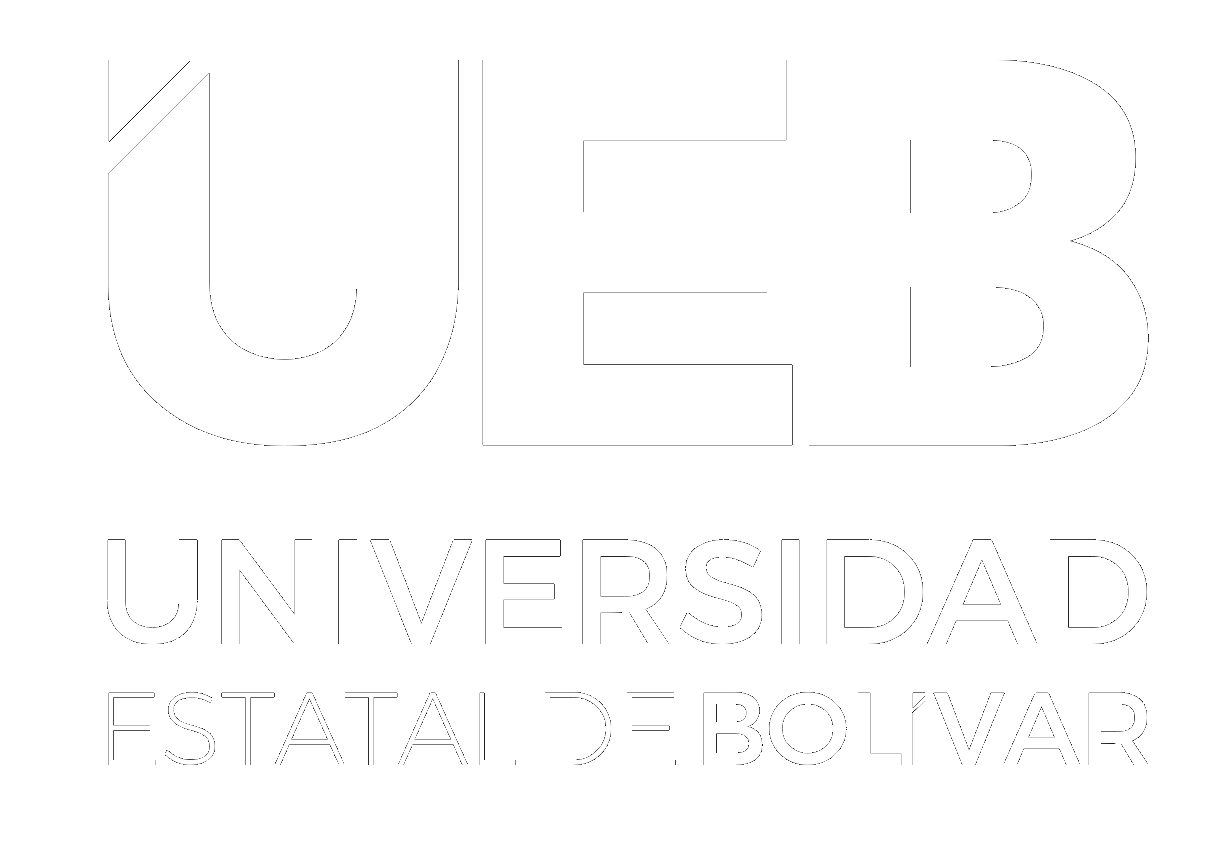Por favor, use este identificador para citar o enlazar este ítem:
https://dspace.ueb.edu.ec/handle/123456789/5995Registro completo de metadatos
| Campo DC | Valor | Lengua/Idioma |
|---|---|---|
| dc.contributor.author | Brisbois, Ben | - |
| dc.contributor.author | Feagan, Mathieu | - |
| dc.contributor.author | Stime, Bjorn | - |
| dc.contributor.author | K. Paz, Isaac | - |
| dc.contributor.author | Berbes Blázquez, Marta | - |
| dc.contributor.author | Gaibor, Juan | - |
| dc.contributor.author | Cole, Donald | - |
| dc.contributor.author | Di Ruggiero, Erica | - |
| dc.contributor.author | Hanson, Lori | - |
| dc.contributor.author | Janes, Craig | - |
| dc.contributor.author | Plamondon, Katrina | - |
| dc.contributor.author | Spiegel, Jerry | - |
| dc.contributor.author | Yassi, Annalee | - |
| dc.date.accessioned | 2023-10-27T15:07:00Z | - |
| dc.date.available | 2023-10-27T15:07:00Z | - |
| dc.date.issued | 2021-03-11 | - |
| dc.identifier.citation | Brisbois, B., Feagan, M., Stime, B., Paz, I. K., Berbés-Blázquez, M., Gaibor, J., Cole, D. C., Di Ruggiero, E., Hanson, L., Janes, C. R., Plamondon, K. M., Spiegel, J. M., & Yassi, A. (2021). Mining, Colonial Legacies, and Neoliberalism: A Political Ecology of Health Knowledge: Minerıa, legados coloniales y neoliberalismo: una ecologıa polıtica del conocimiento en salud. New Solutions, 31(1), 48–64. https://doi.org/10.1177/10482911211001051/ASSET/IMAGES/LARGE/10.1177_10482911211001051-FIG2.JPEG | es_MX |
| dc.identifier.issn | 1048-2911 | - |
| dc.identifier.uri | https://dspace.ueb.edu.ec/handle/123456789/5995 | - |
| dc.description.abstract | Scholarship on the health impacts of resource extraction displays prominent gaps and apparent corporate and neocolonial footprints that raise questions about how science is produced. We analyze production of knowledge, on the health impacts of mining, carried out in relation to the Canadian International Resources and Development Institute (CIRDI), a university-based organization with substantial extractive industry involvement and links to Canada’s mining-dominated foreign policy. We use a “political ecology of knowledge” framework to situate CIRDI in the context of neoliberal capitalism, neocolonial sustainable development discourses, and mining industry corporate social responsibility techniques. We then document the interactions of specific health disciplinary conventions and knowledges within CIRDI-related research and advocacy efforts involving a major Canadian global health organization. This analysis illustrates both accommodation and resistance to large-scale political economic structures and the need to directly confront the global North governments and sectors pushing extractive-led neoliberal development globally. | es_MX |
| dc.description.sponsorship | https://journals.sagepub.com/doi/full/10.1177/10482911211001051 | es_MX |
| dc.language.iso | eng | es_MX |
| dc.publisher | Universidad Estatal de Bolívar | es_MX |
| dc.relation.ispartofseries | PCM-UEB;21-004 | - |
| dc.rights | info:eu-repo/semantics/openAccess | es_MX |
| dc.subject | SCIENCE AND TECHNOLOGY STUDIES | es_MX |
| dc.subject | GLOBAL HEALTH | es_MX |
| dc.subject | COMMERCIAL DETERMINANTS | es_MX |
| dc.subject | CORPORATIONS | es_MX |
| dc.title | Mining, Colonial Legacies, and Neoliberalism: A Political Ecology of Health Knowledge | es_MX |
| dc.type | article | es_MX |
| Aparece en las colecciones: | Producción Científica | |
Ficheros en este ítem:
| Fichero | Descripción | Tamaño | Formato | |
|---|---|---|---|---|
| PCM-21-004- BRISBOIS BEN, Mining, Colonial legacies...pdf | ISSN: 1048-2911 | 612,04 kB | Adobe PDF | Visualizar/Abrir |
Los ítems de DSpace están protegidos por copyright, con todos los derechos reservados, a menos que se indique lo contrario.

